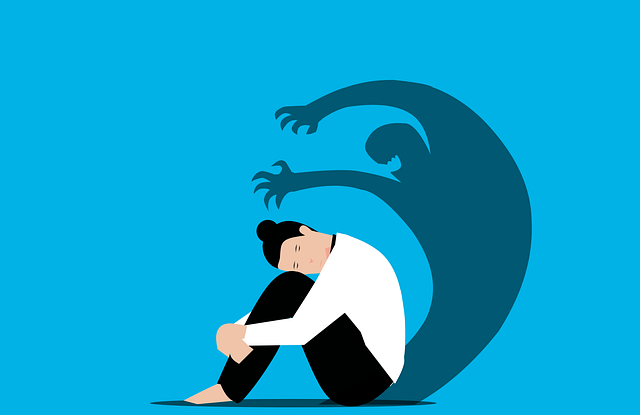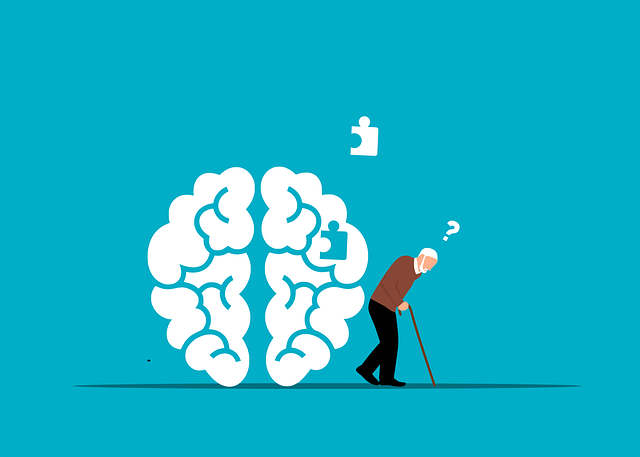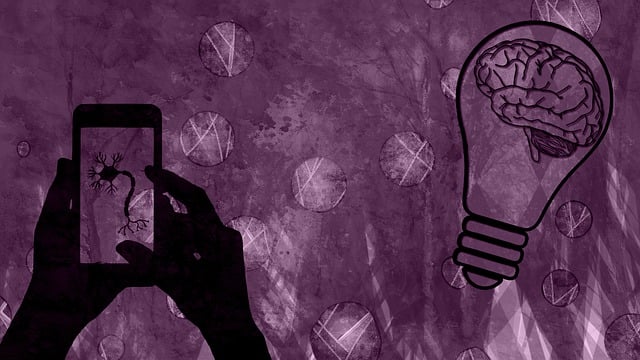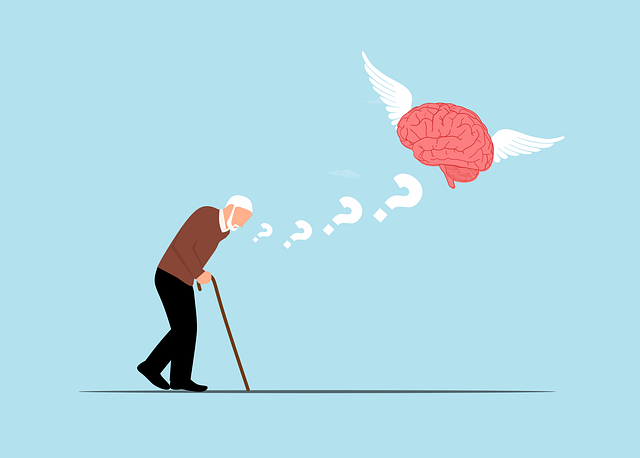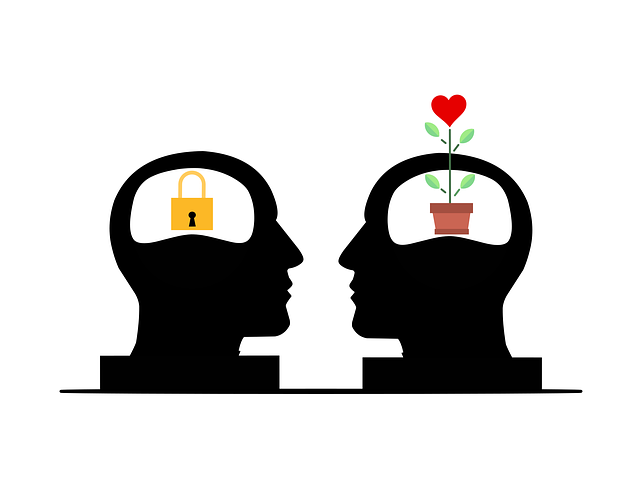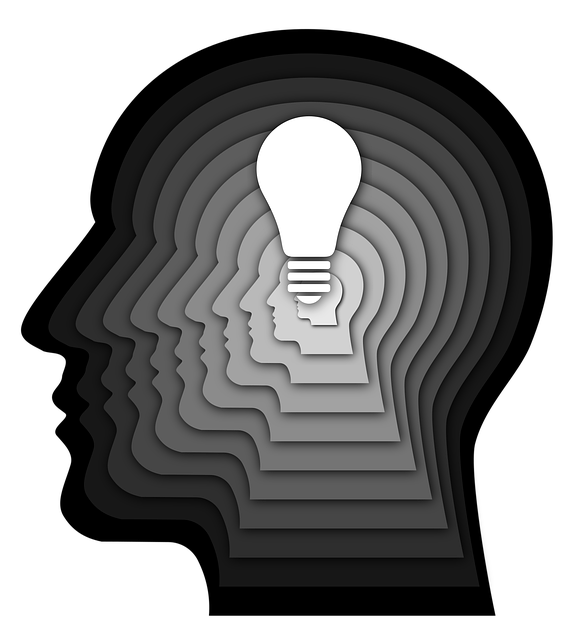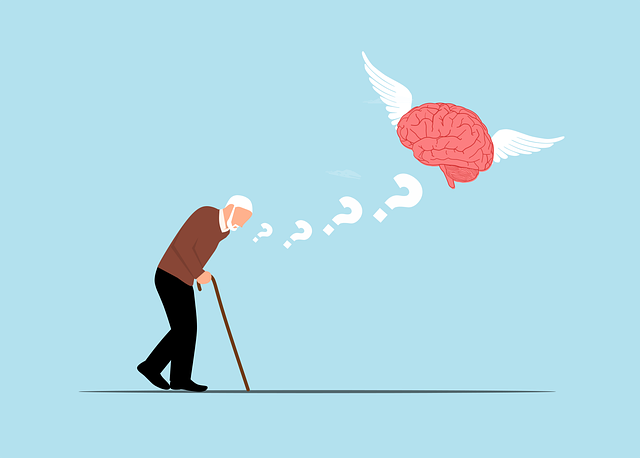Golden Stress Management Therapy offers a holistic approach to mental wellness, combining evidence-based practices like CBT, mindfulness meditation, and positive psychology for effective stress management. By identifying personal triggers, adopting tailored strategies, and integrating self-care routines, individuals gain resilience and emotional intelligence to navigate life's challenges with equanimity. The program's emphasis on mindfulness, self-care, and building inner strength through social skills training enables diverse populations to make sustainable changes and boost confidence in managing stress head-on.
“Unwind, rejuvenate, and gain control over your mental health with an exploration of effective coping skills development. This comprehensive guide delves into a multi-faceted approach to managing stress, introducing the powerful strategy of Golden Stress Management Therapy. From identifying personal stressors to mastering mindfulness and prioritizing self-care, each section equips readers with tools to navigate life’s challenges. Discover how building resilience can foster long-term stress coping, enabling you to embrace a calmer, more balanced lifestyle.”
- Understanding Golden Stress Management Therapy: A Comprehensive Approach
- Identifying Personal Stress Triggers and Their Impact
- Mastering Mindfulness: Techniques to Stay Present and Calm
- The Power of Self-Care: Nurturing Your Physical and Emotional Well-being
- Building Resilience: Strategies for Long-Term Stress Coping
Understanding Golden Stress Management Therapy: A Comprehensive Approach

Golden Stress Management Therapy is a comprehensive approach designed to equip individuals with effective coping mechanisms for managing stress and improving mental wellness. This therapy goes beyond surface-level techniques, delving into the root causes of stress and offering tailored solutions. It combines various evidence-based practices such as cognitive behavioral therapy (CBT), mindfulness meditation, and positive psychology to create a holistic healing environment. By fostering self-awareness and emotional intelligence, this therapy enables individuals to navigate life’s challenges with resilience.
The program, which often includes Mental Wellness Coaching Programs Development, focuses on empowering clients to make sustainable changes in their lives. Healthcare Provider Cultural Competency Training plays a crucial role in ensuring that the therapy is sensitive to individual cultural backgrounds, making it accessible and effective for diverse populations. Additionally, by boosting confidence through various exercises, Golden Stress Management Therapy helps individuals confront stress head-on with newfound courage and self-assurance.
Identifying Personal Stress Triggers and Their Impact

Identifying personal stress triggers is a crucial first step in developing effective coping skills. Understanding what uniquely sets off your stress response allows for targeted and tailored management strategies. For instance, a healthcare provider might discover that long hours and high patient volumes consistently push them over the edge, leading to burnout. In this case, implementing burnout prevention strategies such as setting clear boundaries, prioritizing self-care, and seeking support from colleagues could be vital interventions.
Recognizing these triggers is also key in preventing more serious outcomes like depression. By proactively addressing stressors before they escalate, individuals can promote their emotional well-being. Techniques like mindfulness meditation, regular exercise, and practicing gratitude have been shown to be powerful tools in mitigating stress and cultivating resilience, even in the face of challenging situations. Adopting these strategies as part of a comprehensive golden stress management therapy approach can empower individuals to navigate life’s challenges with greater equanimity and resilience.
Mastering Mindfulness: Techniques to Stay Present and Calm

Mastering mindfulness is a powerful tool within Golden Stress Management Therapy, offering individuals techniques to stay present and cultivate calm amidst life’s challenges. This ancient practice involves focusing on the here and now, observing thoughts and emotions without judgment. By training their minds to anchor themselves in the present moment, individuals can reduce anxiety, improve focus, and enhance overall well-being. Mindfulness meditation, breathing exercises, and body scans are effective practices that help individuals become more aware of their thoughts and feelings, fostering a deeper sense of self-awareness and emotional regulation.
Integrating mindfulness into daily routines promotes resilience, enabling individuals to navigate stressful situations with greater composure. In the context of mental health professionals, these skills are essential for both personal growth and effective client care. Conducting regular risk assessments can help identify potential challenges, while incorporating social skills training and compassion cultivation practices further strengthens coping abilities. Through mindfulness, professionals cultivate a sense of equanimity, allowing them to provide empathetic support to their clients, fostering a safe and nurturing therapeutic environment.
The Power of Self-Care: Nurturing Your Physical and Emotional Well-being

Self-care is a cornerstone in coping skills development, offering powerful tools to manage stress and enhance overall well-being. It involves actively nurturing both physical and emotional health, recognizing that these aspects are intricately linked. Simple yet effective practices such as regular exercise, adequate sleep, and balanced nutrition form the foundation of self-care, providing the energy and resilience needed to navigate life’s challenges. Engaging in activities that bring joy, whether it’s spending time in nature, practicing hobbies, or connecting with loved ones, is equally vital for mental health policy analysis and advocacy. By prioritizing self-care, individuals can better manage crises and utilize crisis intervention guidance effectively.
The integration of self-care practices into daily routines fosters a sense of equilibrium and empowers individuals to respond to stressors adaptively. This proactive approach not only prevents burnout but also strengthens the ability to provide healthcare provider cultural competency training, ensuring that support systems are in place for all. The Golden Stress Management Therapy, centered around self-care, becomes a transformative tool, enabling folks to navigate life’s tumultuous journeys with grace and resilience.
Building Resilience: Strategies for Long-Term Stress Coping

Building resilience is a key aspect of long-term stress coping and is often at the heart of effective Golden Stress Management Therapy. It equips individuals with the inner strength to navigate life’s challenges, ensuring they bounce back from adverse situations rather than being overwhelmed by them. This process involves developing strategies that foster adaptability and a positive outlook, allowing one to view setbacks as temporary and surmountable. By cultivating this resilience, individuals can enhance their coping mechanisms, making them better equipped to handle future stressors.
One of the powerful tools in this arsenal is social skills training, which encourages building supportive relationships. Crisis intervention guidance also plays a significant role, providing immediate support during traumatic events. These strategies, combined with inner strength development, enable individuals to cope effectively and maintain mental well-being over time.
Coping skills development is a multifaceted process, and as demonstrated by Golden Stress Management Therapy, a comprehensive approach can significantly enhance our ability to manage stress. By understanding personal triggers, mastering mindfulness techniques, prioritizing self-care, and building resilience, individuals can navigate life’s challenges more effectively. These strategies not only foster short-term calm but also contribute to long-term emotional well-being, ensuring a more balanced and fulfilling life. Embracing these practices can transform the way we cope with stress, leading to a healthier and happier existence.

